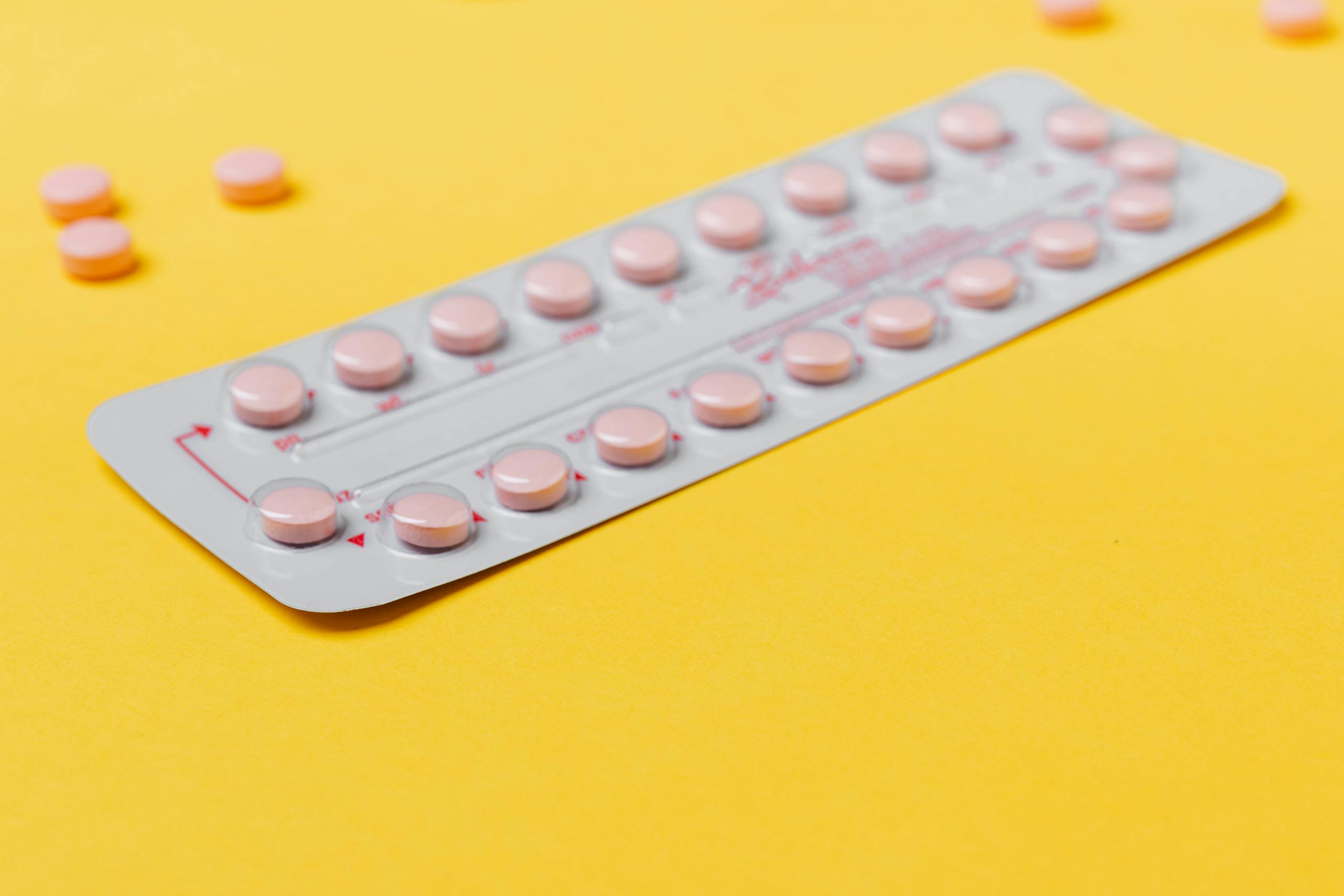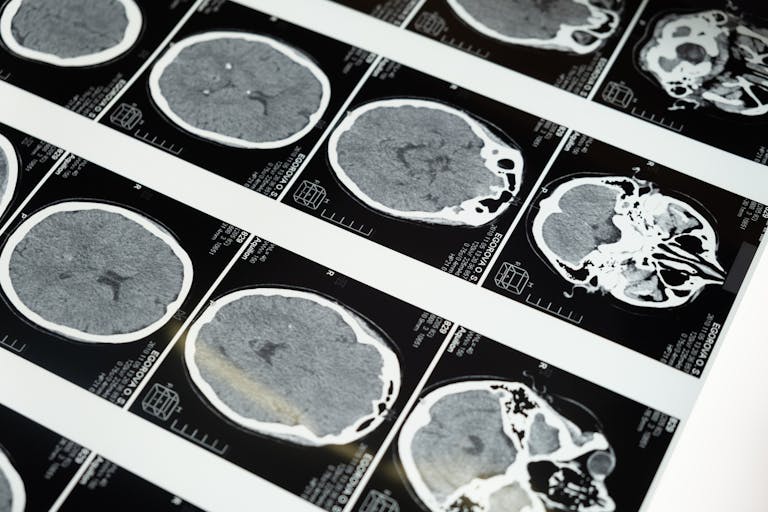New Study Shows Birth Control Pills May Influence Emotions and Memory

Hormonal birth control has long been used primarily to prevent pregnancy, but a new study from Rice University suggests it may do far more than that. According to researchers, hormonal contraceptives can influence how women process emotions and how they remember experiences, adding new dimensions to our understanding of reproductive health.
In the United States alone, more than 60 million women of reproductive age have used some form of contraception. While the main goal is pregnancy prevention, many also take birth control to help manage conditions such as endometriosis, polycystic ovary syndrome (PCOS), and irregular menstrual cycles. But beyond these physical health benefits, many women have long reported that birth control affects their mood, weight, and overall emotional balance. The Rice University findings now add scientific weight to these personal accounts.
The Research Setup
The study, published in the journal Hormones and Behavior, involved 179 women. Out of this group, 87 were using hormonal contraceptives (HC) and 92 were naturally cycling. Participants were shown positive, negative, and neutral images while practicing different emotion regulation strategies, such as distancing, reinterpretation, or immersion. Later, they completed a memory test to see how well they recalled the images.
Stronger Emotional Reactions
The results revealed that women on hormonal contraceptives showed stronger emotional reactions to images compared to naturally cycling women. This suggests that synthetic reproductive hormones can heighten emotional responses, making both positive and negative experiences feel more intense.
Memory for Negative Events
One of the most striking findings was how memory worked for negative events. When HC users applied strategies like distancing (mentally stepping back from the event) or reinterpretation (reframing the meaning of the event), they remembered fewer details of the negative experience. Importantly, while they still recalled the overall event, the specific details were less vivid.
In contrast, naturally cycling women did not show this same reduction in memory detail for negative events. For them, using distancing or reinterpretation did not alter how much they remembered.
Boost in Positive Memories
When participants used immersion—essentially focusing deeply on the emotional content of the images—both groups showed stronger memory for positive images. This means that for happy moments, hormonal contraceptive users and naturally cycling women both locked those experiences into memory more clearly.
Why This Matters
Researchers believe that the reduced recall of unpleasant details could serve as a protective emotional mechanism. In other words, women on hormonal birth control may be less likely to dwell on negative experiences, which might help them move forward more easily.
Since emotion regulation and memory are both connected to mental health outcomes like depression, this research highlights an important potential role that hormonal contraceptives play beyond reproduction.
Limitations of the Study
The researchers acknowledged a few important limitations:
- The sample was heavily weighted toward pill users, with fewer participants using other forms such as patches, injections, or IUDs.
- The study did not track the menstrual phase of naturally cycling women, which could significantly influence both emotional processing and memory.
- While the study shows a clear link between hormonal contraceptives and changes in memory and emotion regulation, more work is needed to explore long-term effects.
Next Steps for Research
The Rice team plans to expand their research in several directions. Future studies will:
- Examine naturally cycling women across different menstrual phases.
- Compare various types of hormonal contraceptives, including pills versus IUDs.
- Investigate how both synthetic and natural reproductive hormones shape emotional and mental health over time.
The ultimate goal is to provide women with better information so they can make informed decisions not only about reproductive health but also about mental well-being.
Public Attention
The study also caught public attention when Elon Musk commented on social media with a warning that people should pay close attention to what they are taking. His remark added to the broader conversation about how little is often discussed regarding the cognitive and emotional impacts of birth control.
Conclusion
This research is an important step in understanding how hormonal birth control affects women beyond its role in preventing pregnancy. By showing that it can influence emotions, memory, and the way negative experiences are processed, the study highlights the need for more nuanced discussions around contraception and mental health. While many questions remain, one thing is clear: hormonal contraceptives are shaping more than just reproductive health—they are affecting the brain as well.
TLDR
A Rice University study reveals that hormonal birth control influences emotions and memory. Women on contraceptives show stronger reactions, recall fewer details of negative events, and boost positive memories. Findings suggest protective effects but require further research across methods and cycles.
Research Reference:
Emotion regulation strategies differentially impact memory in hormonal contraceptive users – Hormones and Behavior (2025)





